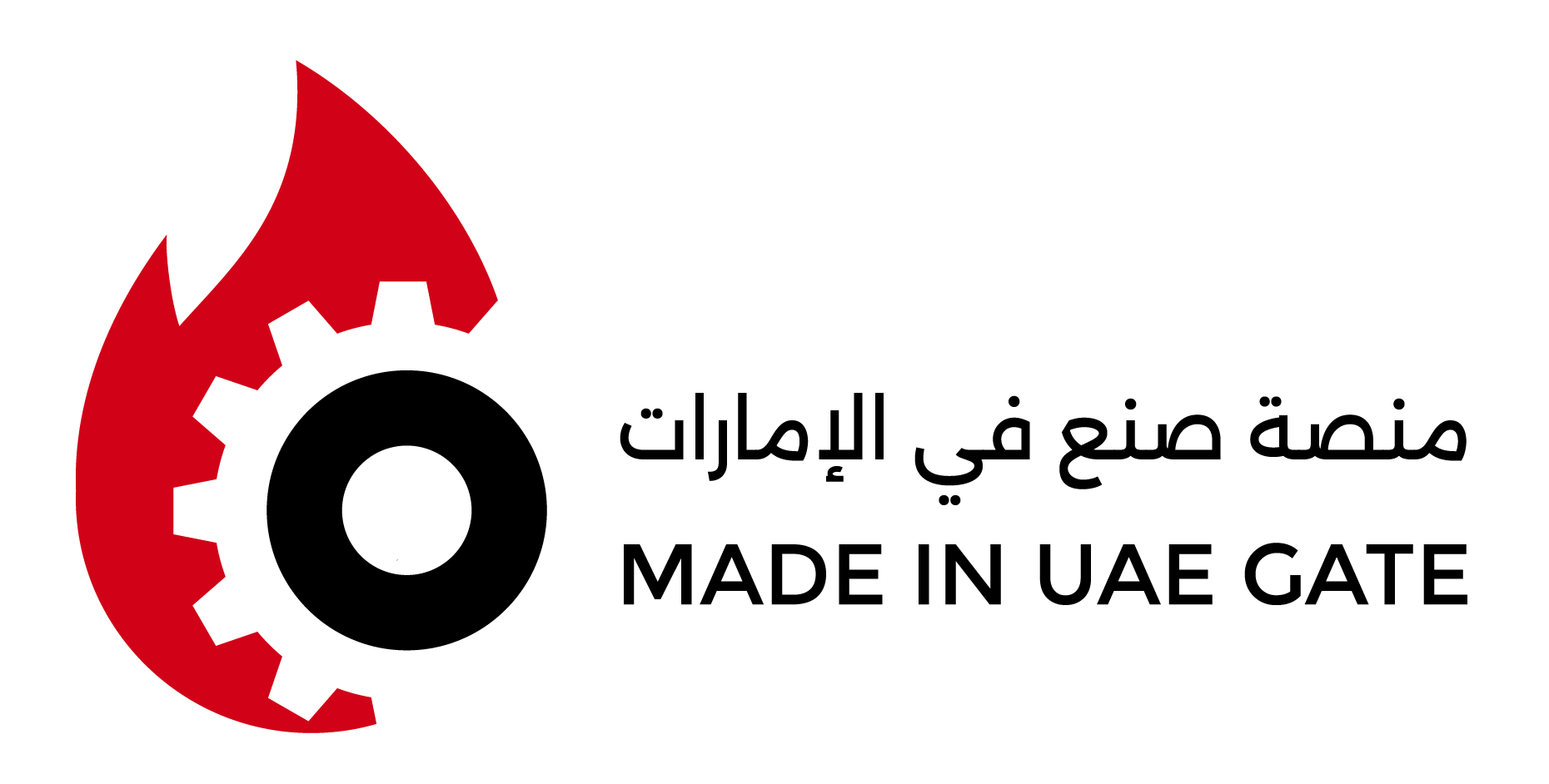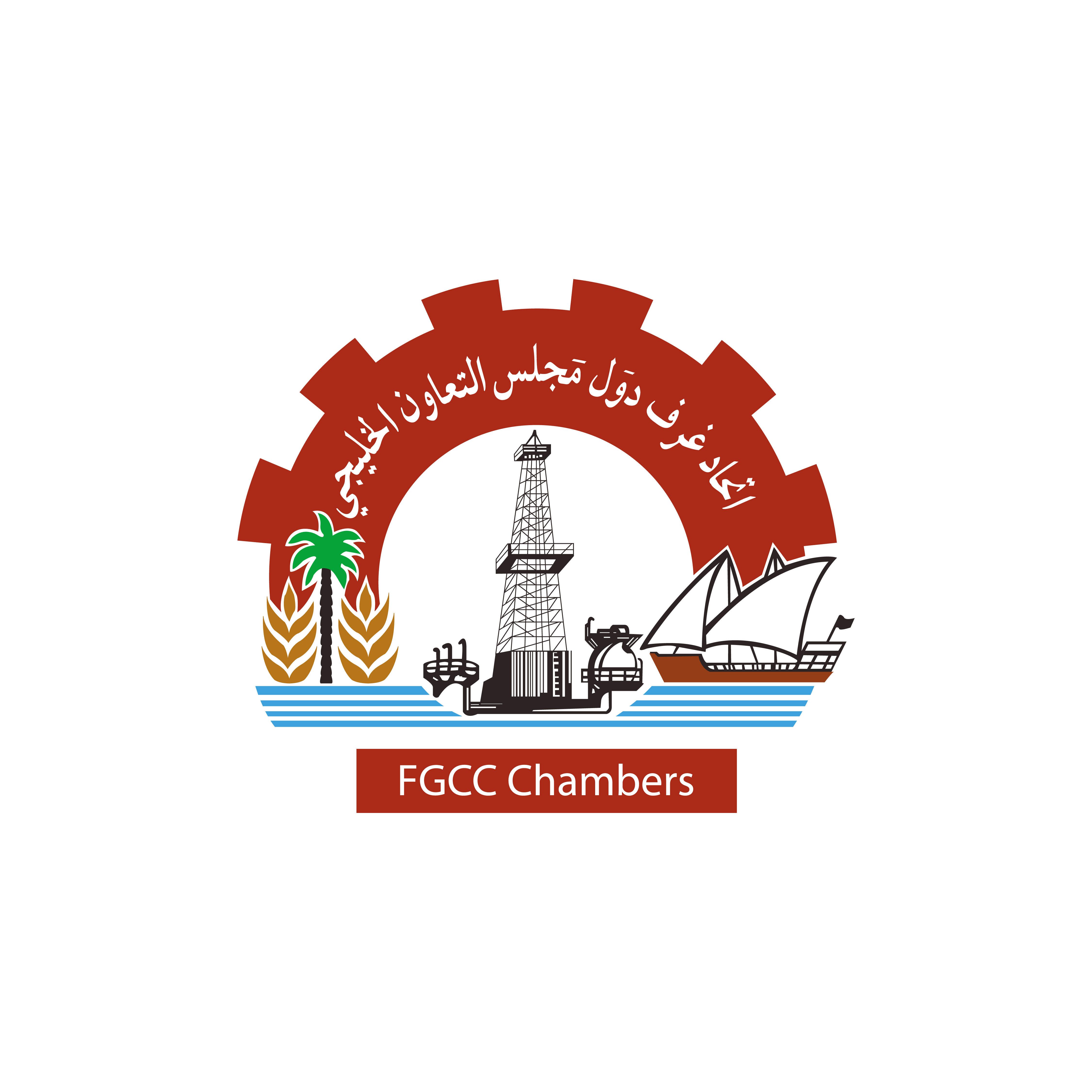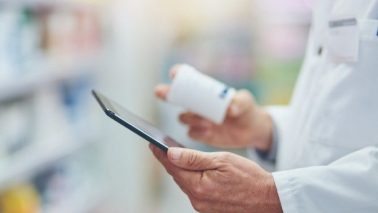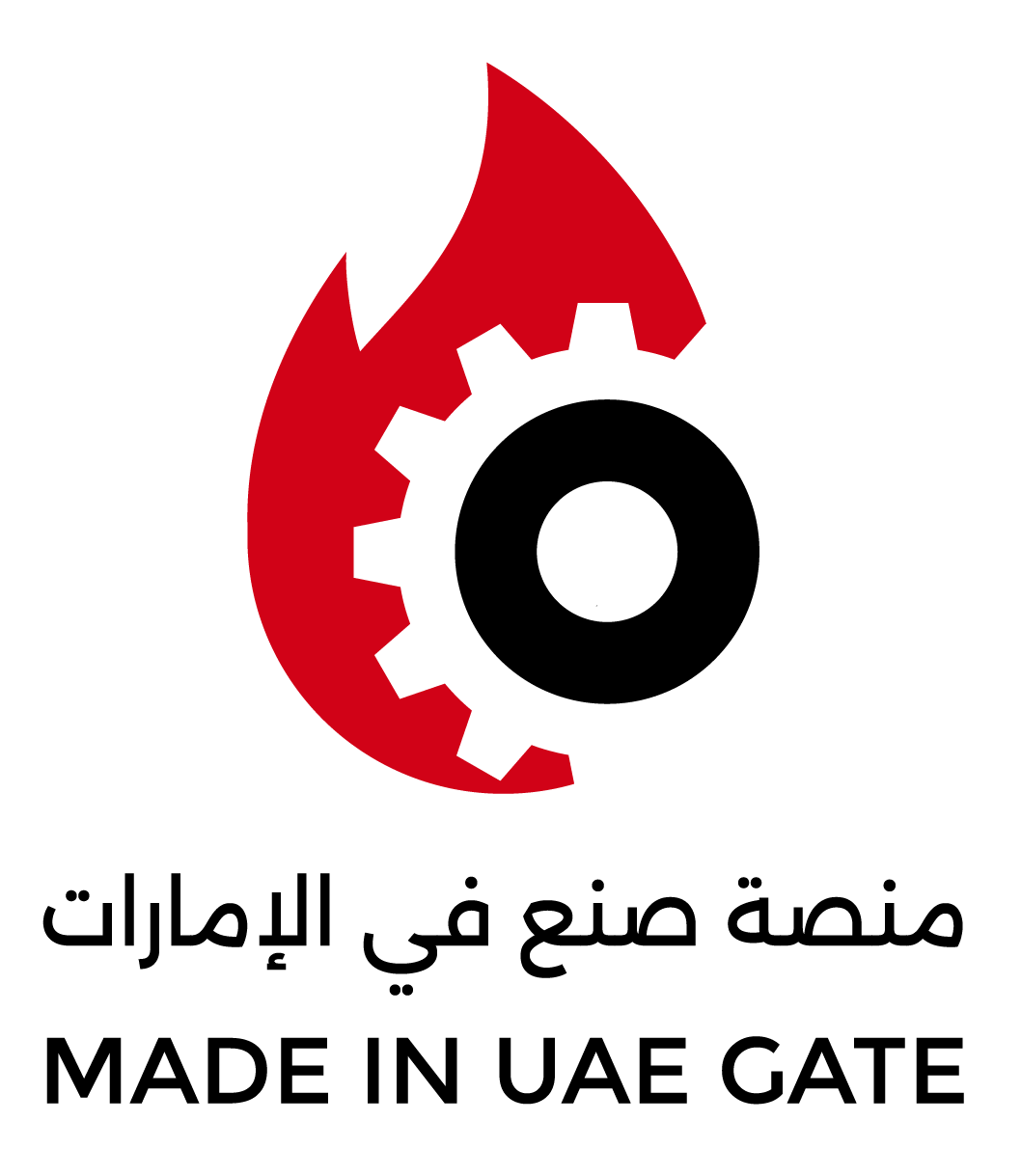The UAE Government has issued a Federal Decree-Law to regulate medical products, the pharmacy profession, and pharmaceutical establishments.
The objectives include solidifying the UAE’s position as a globally trusted hub for pharmaceutical and medical industries, enhancing pharmaceutical security, and streamlining the development, approval, manufacturing, marketing, and distribution of medical products, all in adherence to international standards and competitive costs and timelines.
The provisions of the Decree-Law apply to all medical products, including drug products, medical devices, pharmaceutical products, healthcare products, biological products, dietary supplements, cosmetics, and genetically modified organism products intended for medical use.
It also covers chemical precursors, controlled substances, semi-controlled substances, and hazardous or toxic materials for human and veterinary use.
The Decree-Law governs all pharmaceutical establishments and biobanks within the UAE, including those located in free zones.
It applies to pharmacies, pharmacy chains, compounding pharmacies, medical warehouses, medical storage facilities, manufacturing facilities, contract-based manufacturing companies, marketing firms, pharmaceutical consulting firms, pharmaceutical laboratories, pre-clinical and clinical research entities, bioequivalence centres, biobanks, contract-based research and development companies, and other pharmaceutical establishments specified by the UAE Cabinet.
Additionally, the law encompasses practitioners of the pharmacy profession operating across the UAE, including within free zones.
The Decree-Law regulates all aspects of licencing, monitoring, and supervising pharmaceutical establishments and biobanks.
It includes provisions for ownership transfers, temporary suspensions, precautionary closures, and licence revocations.
The legislation outlines the roles and responsibilities of the Emirates Drug Establishment, the Ministry of Health and Prevention, and local health authorities.
Under the law, manufacturing facilities, contract-based manufacturing companies, medical warehouses, medical storage facilities, marketing firms, pharmaceutical consulting firms, and pharmaceutical laboratories are subject to licencing and monitoring by the Emirates Drug Establishment.
Biobanks, pre-clinical and clinical research entities, contract-based research and development companies, and bioequivalence centres fall under the jurisdiction of either the Emirates Drug Establishment or the relevant local health authorities, each within its jurisdiction.
Pharmacies, pharmacy chains, compounding pharmacies, blood storage units in hospitals, and medical stores in government health facilities with activities limited to storage are regulated by the ministry or the relevant local health authorities, each within its jurisdiction.
The Decree-Law prioritises fostering investment in the pharmaceutical sector by introducing an incentive framework to attract investments and encourage innovation and development within the medical industries.
The Cabinet will issue a decision to establish this framework based on a proposal by the Chairman of the Emirates Drug Establishment in consultation with relevant health authorities and other stakeholders.
The Decree-Law also includes provisions to protect innovation by implementing a regulated protection mechanism for documents and data related to innovative medical products or those containing at least one new active ingredient, whether developed domestically or imported.
For the first time, the Emirates Drug Establishment is authorised to develop, publish, and update the UAE Pharmacopeia, approve reference pharmacopeias, and issue guidelines and standards for good practices aligned with internationally recognised principles.
The Decree-Law establishes clear conditions for granting marketing authorisations for medical products, including exclusive marketing authorisations, conditional marketing authorisations, and emergency use authorisations.
It introduces a fast-track approval pathway for innovative medical products of therapeutic importance and other qualifying medical products, ensuring compliance with international standards of quality, safety, and efficacy.
The legislation regulates all aspects of managing medical products, encompassing development, manufacturing, registration, pricing, import, export, circulation, distribution, possession, marketing, sale, use, and safe disposal.
It includes general provisions for developing and manufacturing medical products in compliance with good practice guidelines issued by the Emirates Drug Establishment and aligned with international standards.
For the first time, the law permits the transfer of excipients and solvents between licenced manufacturing facilities within the UAE, subject to approval by the Emirates Drug Establishment.
The Decree-Law also regulates the advertising, promotion, import, export, and re-export of medical products under the supervision of the Emirates Drug Establishment.
Moreover, the Decree-Law defines the provisions regulating the pricing of medical products and establishes the “Pharmaceutical Policies Committee,” working under the Chairperson of the Board of Directors of the Emirates Drug Establishment.
The new law also requires pharmacy practitioners in the UAE to obtain a licence from the Ministry of Health and Prevention or the competent local health authority and specifies the duties of pharmacists and the activities that a clinical pharmacist is authorised to practice.
The Decree-Law regulates the provisions tied to the pharmacovigilance system in the UAE, ensuring the safe use of medical products and reducing side effects and adverse reactions.
Additionally, it regulates, for the first time, the provisions for establishing and managing national databases for medical products, pharmaceutical facilities, and biobanks in the UAE.
The Decree-Law prescribes disciplinary measures for violations, including written warnings and financial fines ranging from Dh1,000 to Dh1 million for pharmaceutical establishments and biobanks and up to Dh500,000 for practitioners of the pharmacy profession.
Penalties may also include temporary suspension of licences for up to six months or license revocation for severe breaches.
Entities and individuals covered under the law are granted a one-year grace period to comply with its provisions, with the possibility of an extension through a Cabinet decision.



